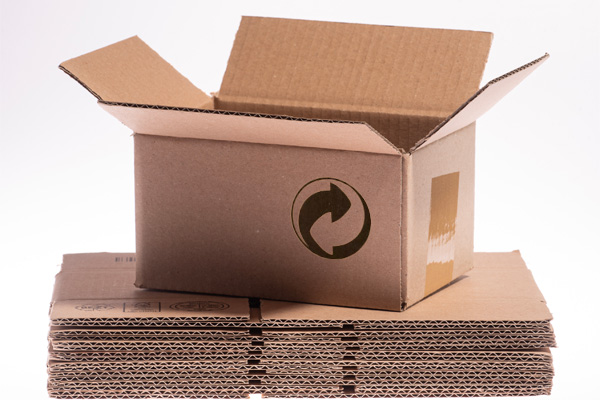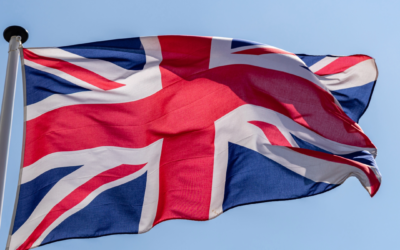The prevention plan in France: eco-design and co.




France has taken a pioneering step towards sustainable eco-design as part of the Circular Economy Act (AGEC). According to this regulation, all companies that place products on the market in at least one of twelve different EPR areas are obliged to submit prevention and eco-design plans.
Legal basis, its areas of application and objectives
The implementation of these plans is based on the AGEC Act of 10 February 2020 and Decree No. 2020-1455 on the reform of extended producer responsibility (EPR). In accordance with Article 72 of the AGEC law and Article L. 541-10-12 of the Environmental Code, manufacturers must submit a prevention plan. The EPR obligations apply to twelve areas, including household packaging, graphic paper, batteries, waste electrical and electronic equipment, textiles and furniture.
Objectives of the prevention plan in France
For manufacturers and retailers of products in these areas, this requires the creation of a prevention plan. This plan aims to reduce non-renewable materials, maximise the use of recycled materials and improve the recyclability of products. The overarching goal is to create environmentally sustainable products and services that conserve resources, minimise waste and reduce environmental impact throughout the entire life cycle. France is therefore a leader in the EU in terms of corresponding legal regulations.
Benefits of the prevention plan
The implementation of eco-design not only brings environmental benefits, but can also offer economic advantages by reducing material and energy costs, lowering licence fees for sustainable packaging and improving the brand image. Eco-design is therefore a decisive approach for companies that want to offer sustainable products and services.
Implementation of the prevention plan
The creation of a plan to reduce the environmental impact of packaging and paper has been mandatory for all suppliers since 2023. The prevention plan can be drawn up collectively or individually and must include the categories “Reduce”, “Recycle” and “Reuse”. A follow-up report is required every five years, which contains a review of the previous plan and sets out the targets and measures for waste prevention and eco-design for the next five years.
The submission and regular updating of these plans to the relevant take-back schemes is mandatory after the respective deadlines. Summaries of the plans are published by each scheme every three years and are publicly available.

LIZENZERO.EU makes packaging compliance in Europe very easy.
Do you ship your products to different countries in the EU? Many different legal requirements and obligations can make the whole thing quite complicated – but don’t worry, we’ll do it for you. How do we do it? With our licensing service, we take over all obligations for you by power of attorney. Sounds good? We’ll be happy to advise you.
For shipping to Germany, you can easily fulfill your packaging obligations yourself via Lizenzero.de.
EPR in Switzerland – Recycling for businesses
Clear EPR obligations already apply in many European countries. Manufacturers and retailers are responsible for the entire life cycle of their packaging and must register with the relevant national systems and pay licence fees. But what is the situation in Switzerland?
EPR UK: current obligations for retailers in relation to packaging
Extended Producer Responsibility (EPR) is a European regulation that makes manufacturers, importers and companies responsible for the life cycle of their products and packaging in accordance with the polluter-pays principle. EU countries can interpret the EPR regulations differently, which is why your obligations may vary from country to country. If you are shipping goods to the UK, you should therefore familiarize yourself with the exact regulations in the country in advance in order to avoid sanctions and be compliant. In the following article, we will give you an overview of the current EPR obligations in the UK and take a look at upcoming changes.
EPR in Portugal: Guide for manufacturers & retailers
Many European countries have packaging licensing regulations, and Portugal is no exception. Companies that deliver packaged goods to or from Portugal must ensure that they comply with the EPR regulations that apply there. But what does this mean in concrete terms? Retailers and manufacturers are obliged to register, licence and label their packaging in Portugal.




